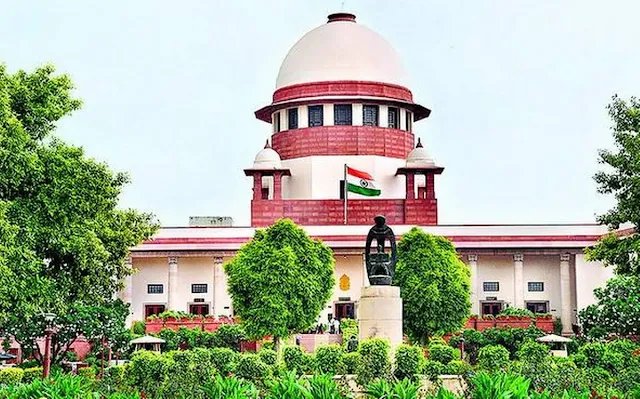In a significant judgment, the Supreme Court of India addressed the issue of whether a legislative enactment passed by Parliament or a State Legislature can be considered an act of contempt of court. The case pertains to the 2007 Salwa Judum matter, where the Court had previously declared the Salwa Judum militia in Chhattisgarh as unconstitutional and directed its disbandment. The recent ruling clarifies the relationship between legislative actions and judicial authority, emphasizing the doctrine of separation of powers.
The Court observed that the mere act of passing a law by the legislature does not, in itself, constitute contempt of court. Contempt of court involves actions that undermine the authority, dignity, or authority of the judiciary. For a legislative enactment to be deemed contemptuous, it must be shown that the law directly contravenes a specific court order or judgment. In the absence of such a direct conflict, the enactment remains valid and cannot be challenged as contemptuous.
This ruling underscores the principle that the legislature has the constitutional authority to enact laws within its competence. While the judiciary has the power to interpret and review the constitutionality of laws, it does not possess the authority to declare a legislative act as contemptuous solely based on its content. The Court emphasized that any challenge to a law must be based on grounds of legislative competence or constitutional validity, not on the premise of contempt.
The judgment also highlights the importance of the separation of powers in a democratic setup. Each organ of the state—the legislature, executive, and judiciary—has distinct functions and responsibilities. The legislature's role is to make laws, the executive to implement them, and the judiciary to interpret and ensure their constitutionality. Interference by one organ into the domain of another undermines the constitutional framework and the rule of law.
In this context, the Court noted that the Chhattisgarh Auxiliary Armed Police Force Act, 2011, passed by the State Legislature, cannot be considered an act of contempt merely because it was enacted after the Supreme Court's order in the Salwa Judum case. The enactment does not inherently violate the Court's directive unless it can be demonstrated that the law explicitly contradicts the Court's judgment.
Furthermore, the Court pointed out that the legislature has the power to amend or enact laws to give effect to a court's judgment. If a law is struck down by a constitutional court, the legislature can pass a new law or amend the existing one to address the issues identified by the court, provided such actions are within its legislative competence and do not violate the Constitution.
The ruling reinforces the notion that the judiciary's role is to interpret the law and ensure that legislative actions align with constitutional principles. However, it does not extend to preventing the legislature from exercising its law-making powers, even if such laws are enacted subsequent to judicial pronouncements.
In conclusion, the Supreme Court's decision in this case reaffirms the autonomy of the legislative process and the limitations of judicial authority in matters of legislative enactments. It clarifies that the enactment of a law by the legislature, in and of itself, does not constitute contempt of court. Such a determination requires a clear demonstration that the law directly contravenes a specific court order or judgment. This judgment serves as a reminder of the delicate balance of powers between the different organs of the state and the importance of upholding the constitutional framework that governs them.










0 Comments
Thank you for your response. It will help us to improve in the future.